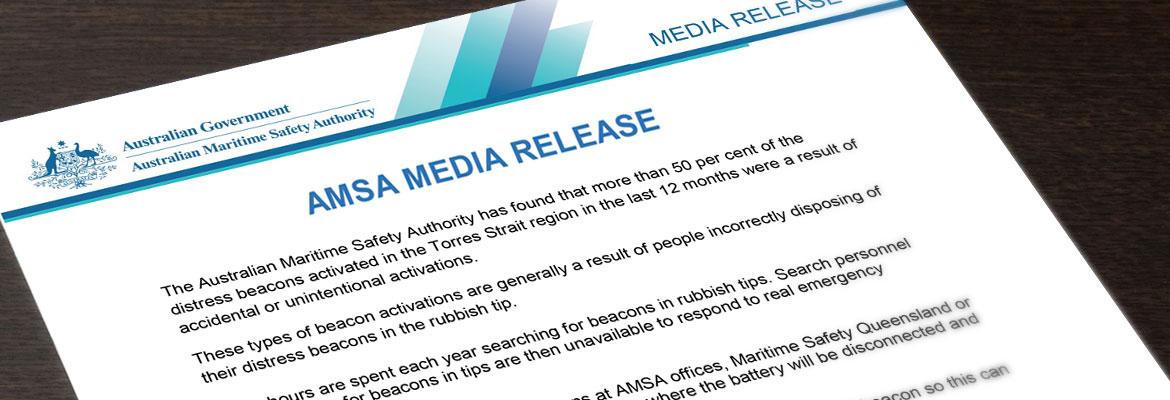
AMSA is the national search and rescue authority and regularly tasks helicopter operators from across Australia to assist in search and rescue incidents at sea or on land.
More than 20 people involved in helicopter operations across Australia were involved in the forum over three days from June 3-5. This is the first time a workshop of this kind has been held by AMSA, and it is envisaged it will become an annual event.
The purpose of the workshop was to bring together AMSA search and rescue personnel, industry professionals and regulatory organisations to share and discuss information to build industry awareness and development of best practice of SAR, and help ensure the safe and effective conduct of SAR operations.
Participants in the forum included personnel from government, community, military and commercial helicopter operators. A representative from Rescue Coordination Centre New Zealand (RCCNZ) was also in attendance.
Topics of discussion included distress beacons, air and surface operations, accident site safety and ship medical evacuations.
AMSA’s Acting Manager, SAR Resources and Training, Mike Wytcherley, said the forum gave participants the chance to enhance their understanding of search and rescue and would increase their ability to contribute a safe and effective response.
“It’s common for AMSA to task helicopters to undertake a medical evacuation from a ship, rescue people from a capsized or broken down vessel or be involved in other search activities,” Mr Wytcherley said.
“The workshop included a session on a simulated ship bridge to give participants the chance to learn more about ship operations, as well as winching and landing considerations.
“Participants were also taken through helicopter rescue equipment exercises in the Australian Maritime College pool, including demonstrations on the use of retrieval equipment in search and rescue operations, and exposed to survival training for mariners and hazards for the survivor at sea,” Mr Wytcherley said.